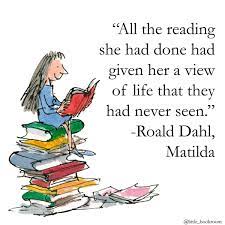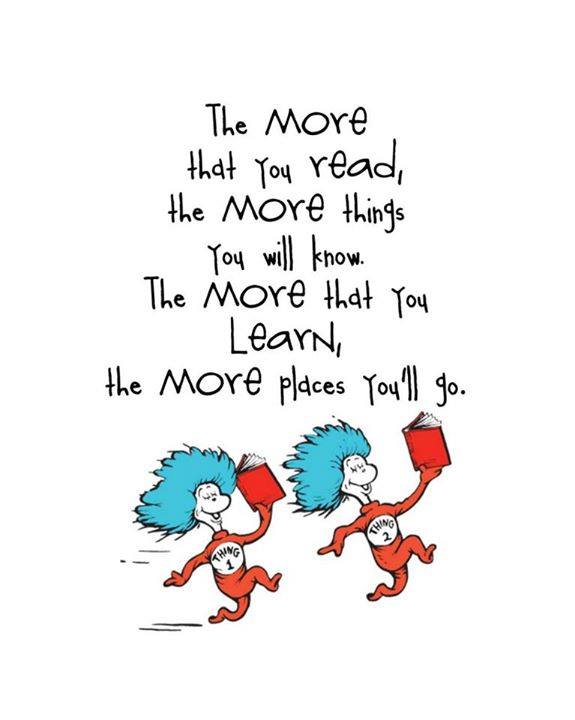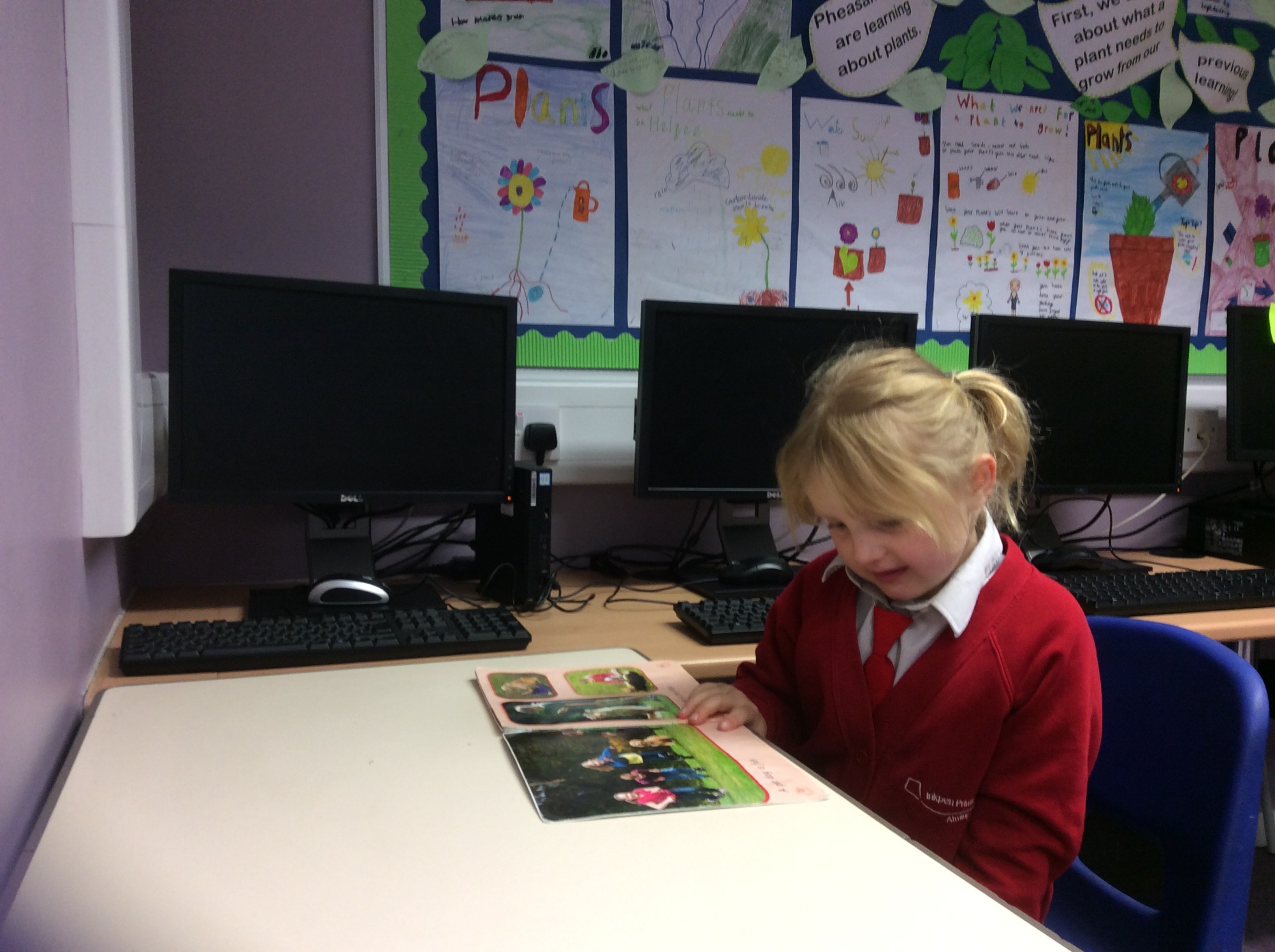English
Intent
At Inkpen Primary School, our English curriculum is designed to develop children’s love of reading, writing and discussion and prepare our learners for life as successful, valuable and socially responsible citizens. We nurture a culture where children take pride in their writing, can write clearly, imaginatively and accurately and adapt their language and style for a range of contexts. We inspire children to be confident in the art of speaking and listening and to use discussion to communicate and further their learning in all areas of the curriculum. Our carefully sequenced, broad and balanced curriculum, underpinned by high quality texts, aims to provide our children with the opportunity to build on their experiences in order to achieve their goals. We believe that a secure basis in literacy skills is crucial to a high quality education across the curriculum. 
Implementation
Our English curriculum is implemented through the use of rich, inspiring texts. Each year group has a carefully designed reading spine on which our English curriculum is built. Texts are chosen to link with our wider curriculum and are selected to inspire pupils to read and write. These are used as the foundation on which to children’s reading and writing. We believe that choosing the right context and starting point to engage our children in their learning is vital in fostering a love for reading and writing.
In English lessons, children are given opportunities to fully immerse themselves into a text through a range of experiences including role play and discussion. Teachers then provide clear models to start this process to enable pupils to begin crafting their own written pieces. These models are gradually reduced so that pupils can work with increasing independence and creativity. Lessons also focus on teaching specific spelling, grammar and punctuation skills to enable our pupils to apply the skills they have been taught to their extended writing and writing across a range of different genres. We teach our pupils to speak clearly, to convey their ideas fluently and confidently and to ask questions. Teachers use a wide variety of resources as appropriate to their classes in order to inspire children to become successful writers.
Spelling
Spelling is taught throughout the school in a way that gradually builds upon the skills that the children have already learnt. Spelling patterns are then taught and revisited throughout the school in increasingly complexity. In Key Stage 2, children build on from their phonic knowledge and work through the No Nonsense Spelling scheme. This scheme gives children opportunities to revisit spelling patterns from previous years before introducing new spelling patterns which the children learn using a range of approaches. Children are encouraged to apply their spelling knowledge in their writing within all lessons.
Reading
We believe that learning to read is an essential element of the curriculum for our children at Inkpen. It is a life-long skill that not only enables them to access the rest of the curriculum but also takes them on adventures that stimulates imagination through stories and sparks curiosity from factual texts.
Learning to read
From their very first day in Reception, our children begin learning early reading skills through daily phonics sessions and develop an enjoyment for reading with adults, their peers and by themselves. Adults encourage this and model reading on a daily basis by reading stories which may be chosen by the children themselves or from personal choices by individual teachers. In addition to this, language rich quality texts are purposefully chosen as teaching tools in both English lessons and the foundation subjects.
Reading scheme
Once children demonstrate their reading skills by blending sounds to read words, they will be introduced to the Monster Phonics reading scheme books. As a school, we also use the colour banded Collins ‘Big Cat’ reading scheme which is aligned to the teaching order of sounds and high frequency words of Monster Phonics. The Big Cat reading scheme offers a range of genres by various authors that are enjoyed by our children and are used throughout KS1 and KS2.
Teaching reading
Whilst phonics is the early method of teaching reading, class teachers are responsible for developing these skills further through small, guided reading groups, modelling reading out loud in story times, hearing individual children reading 1:1 and planning opportunities for reading across the curriculum.
Assessments
Reading assessments, both 1:1 and written comprehension tasks are planned at key times during the school year, enabling teachers to monitor reading progress and implement additional support when needed in the form of 1:1 ‘catch-up’ and daily reading.
Inkpen School Library
We have a small but well-stocked library that we are currently in the process of updating. Our Year 5 and 6 pupils are invited to apply for the role of junior librarian and are responsible for helping to maintain the library. All children are enrolled when they start at Inkpen and each class has a weekly timetabled slot to visit the library to choose a book to borrow. Children are encouraged to select age appropriate texts that they can share at home promoting a love of reading.
Reading Spine
 Whilst at Inkpen, our children will have frequent and regular opportunities to experience a wide range of high-quality reading materials on a daily basis within a variety of learning opportunities.
Whilst at Inkpen, our children will have frequent and regular opportunities to experience a wide range of high-quality reading materials on a daily basis within a variety of learning opportunities.
The primary national curriculum states:
‘All pupils must be encouraged to read widely across both fiction and non-fiction to develop their knowledge of themselves and the world in which they live, to establish an appreciation and love of reading, and to gain knowledge across the curriculum. Reading widely and often increases pupils’ vocabulary because they encounter words they would rarely hear or use in everyday speech. Reading also feeds pupils’ imagination and opens up a treasure-house of wonder and joy for curious young minds."
We want to ensure that these texts enhance learning and develop a lifelong love of reading in all our children so have worked together as a team to select specific texts for our ‘Reading Spine’ that we believe will encourage, challenge and inspire curious minds to grow to their potential.
The Reading Framework suggests that…
Teachers are the best people to promote a love of reading because children, particularly young children, care what their teachers think about the stories they read aloud. If teachers show they love the story, the children are likely to respond in the same way.
When selecting our Reading Spine we have included texts that reflect diversity and the world that we are living in today. We have also chosen texts that are rich in language and will inspire children to use this in their wider learning. New high-quality texts are continually being published, so we will revise and up-date our reading spine as necessary to include new titles that we believe are appropriate for the children at Inkpen.
Writing
Writing is taught to children through units of work that explore a range of different genres, both fiction and non-fiction, which increase in variety as the child progresses through school. These units of work are driven by the high quality texts from our Reading Spine and always have a clear audience and purpose to guide the children as writers. Within writing units, children are given the opportunity to read and analyse good examples of these texts, using them as a basis for their own writing. Also included, on a regular basis, are grammar lessons, where children are taught and given the chance to practise new skills.
Handwriting
From Year 1 onwards, children are taught to use a cursive script. We believe that learning this cursive script, and joining letters, aids children's speed and fluency when writing. It also makes their writing more legible, which is vital when children are proofreading their own work or reading their work aloud to others. In Reception, children begin by developing their strength, ready for writing, by engaging in a range of "Funky Fingers" activities daily. Children in our infant class have daily "Write Dance" sessions which also help to develop their gross motor skills, control and coordination.

